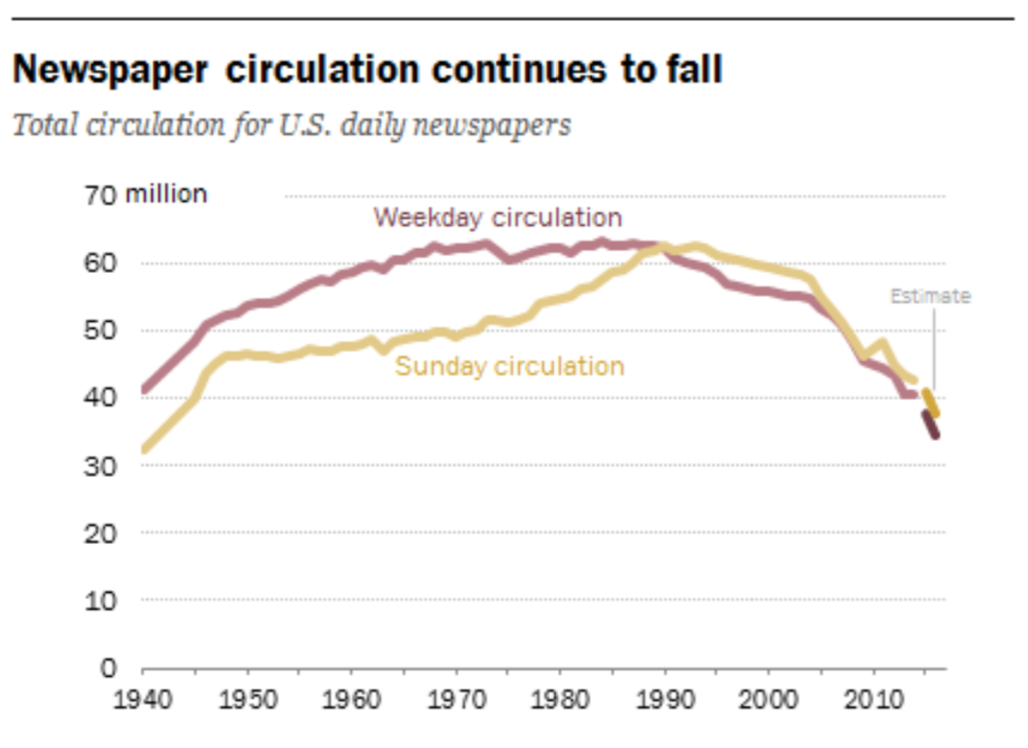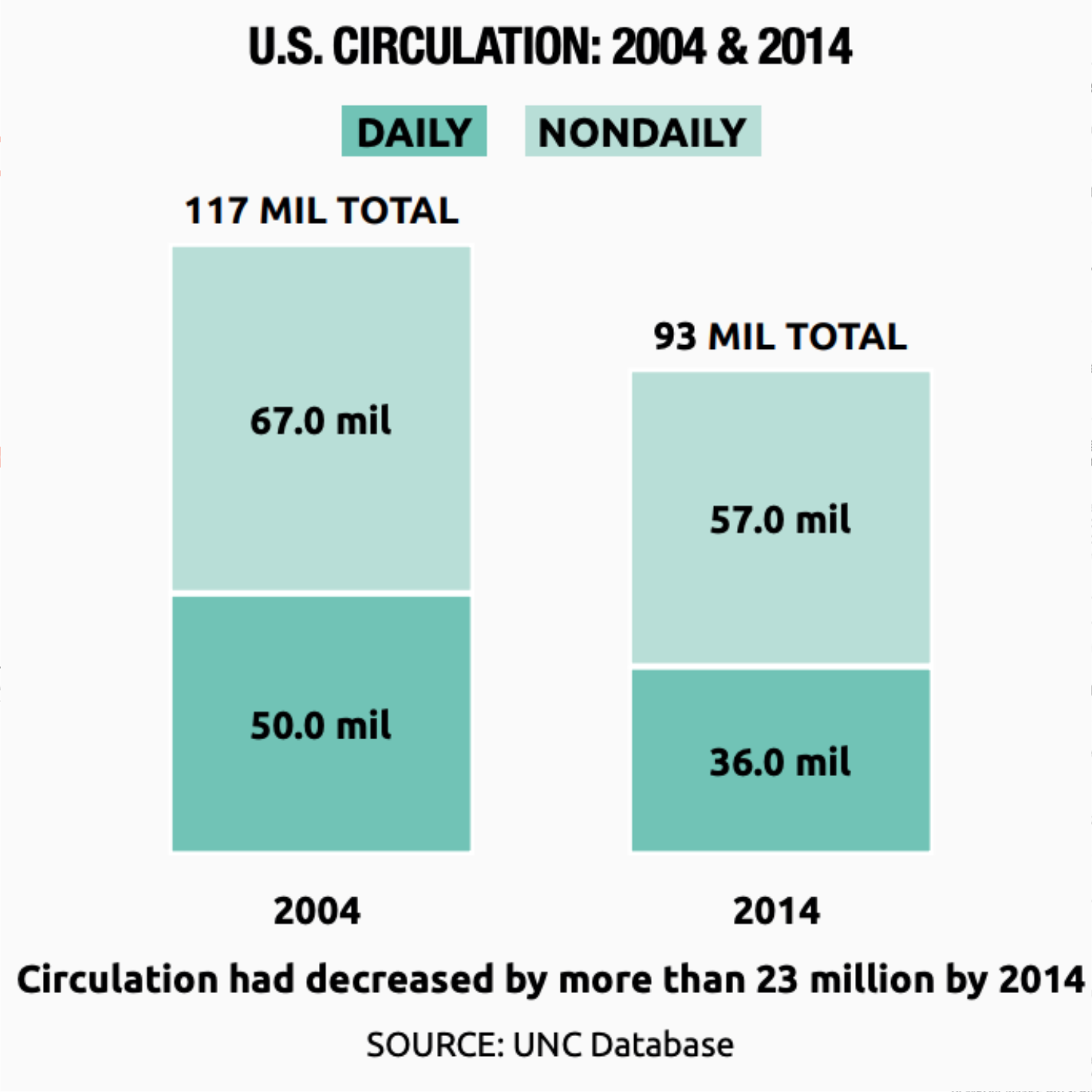Each year, Neiman Labs asks journalists and media executives what they think is coming in the next 12 months. December 2022 produced a bumper crop of opinions, insights, wishful thinking, and warnings for 2023. The full collection can be found on Neiman Labs site.
Below we highlight a list of several Neiman predictions which caught our attention when they envisioned one or another component of the soon-to-be-launched ReNews platform. We believe ReNews will be the first time a comprehensive integrated solution has been proposed across this landscape.
-
- The rot at the core of the news business – Christoph Mergerson – “Repairing the rot requires us to imagine a media system that isn’t centered nearly as much around profit motives — and then insist that our elected officials help to bring it about.”
- We’ll embrace policy remedies – Jody Brannon – “It’s time journalists, advertisers, technologists, regulators, lawmakers, and others convene to craft equitable standards of distribution and monetization of news content.”
- The year journalism and capitalism finally divorce – Victor Pickard – “It is capitalism that incentivizes the degradation of our news media — disinvesting in local journalism, weaponizing social media to capture our attention and data, and devaluing media workers’ labor conditions.”
- Philanthropy stops investing in corporate media – Simon Galperin – “It’s time for journalism philanthropy to ditch corporate media sellouts and double-down on supporting and expanding the non-commercial journalism sector.”
- More journalism funders will take more risks – Barbara Raab – “Given that philanthropy is uniquely unaccountable for its performance, funders have great freedom to take risks and to experiment. Now is the time.”
- Democracies will get serious about saving journalism – Julia Angwin – “If democracy is going to survive, we’re going to need to fund its watchdogs.”
- We’ll work together with our competitors – Larry Ryckman – “There’s a growing awareness that our readers are better served when we pool resources and tackle topics of public interest.”
- Local news will come to rely on AI – Bill Grueskin – “If we automate some commodity news, we can provide a lot more information to people who need it.”
- Local journalism steps up to the challenge of civic coverage – Jim Friedlich – “There is an urgent need to focus election coverage on the issues and the civic process — not the candidate horse race.”



